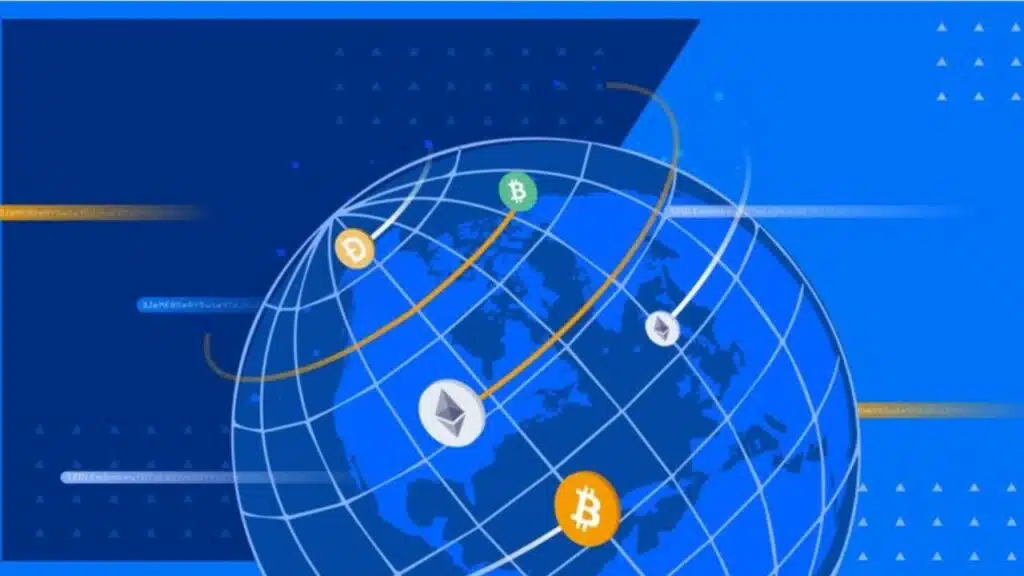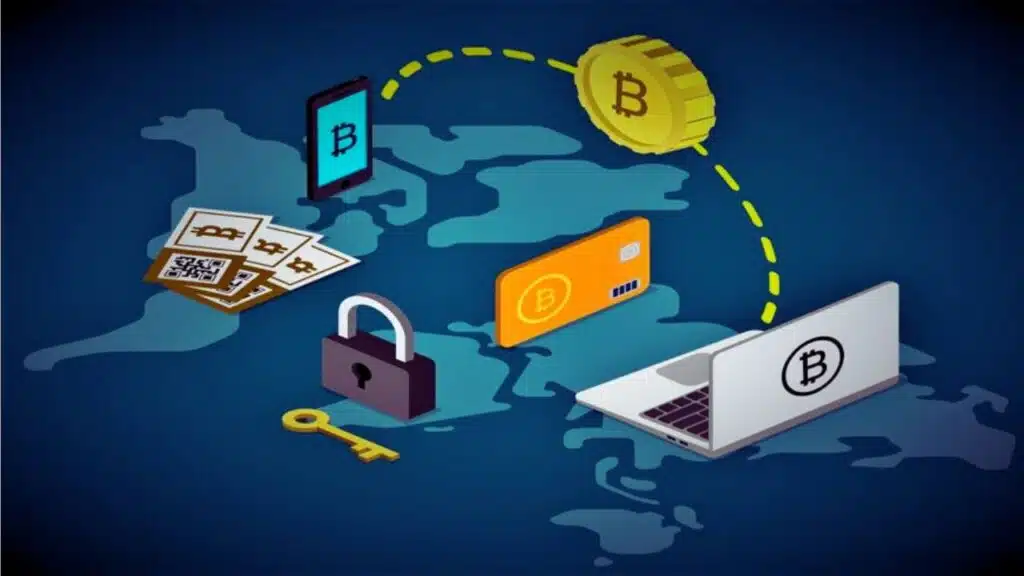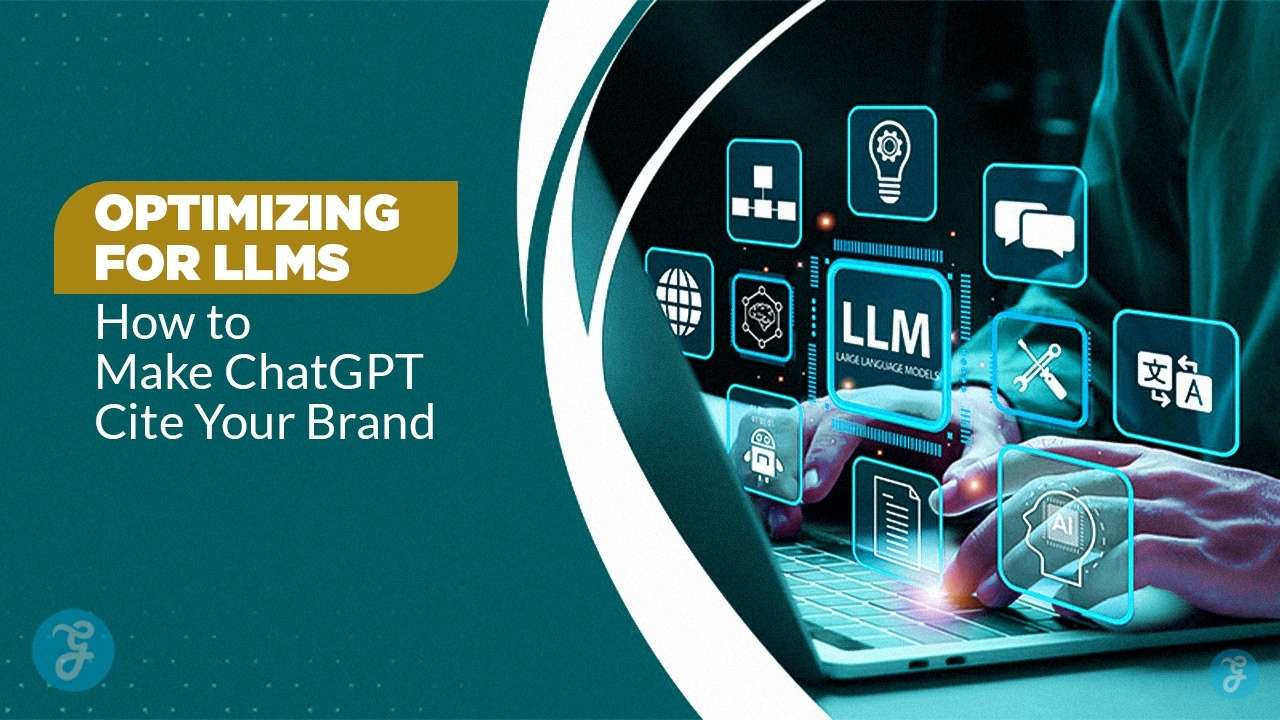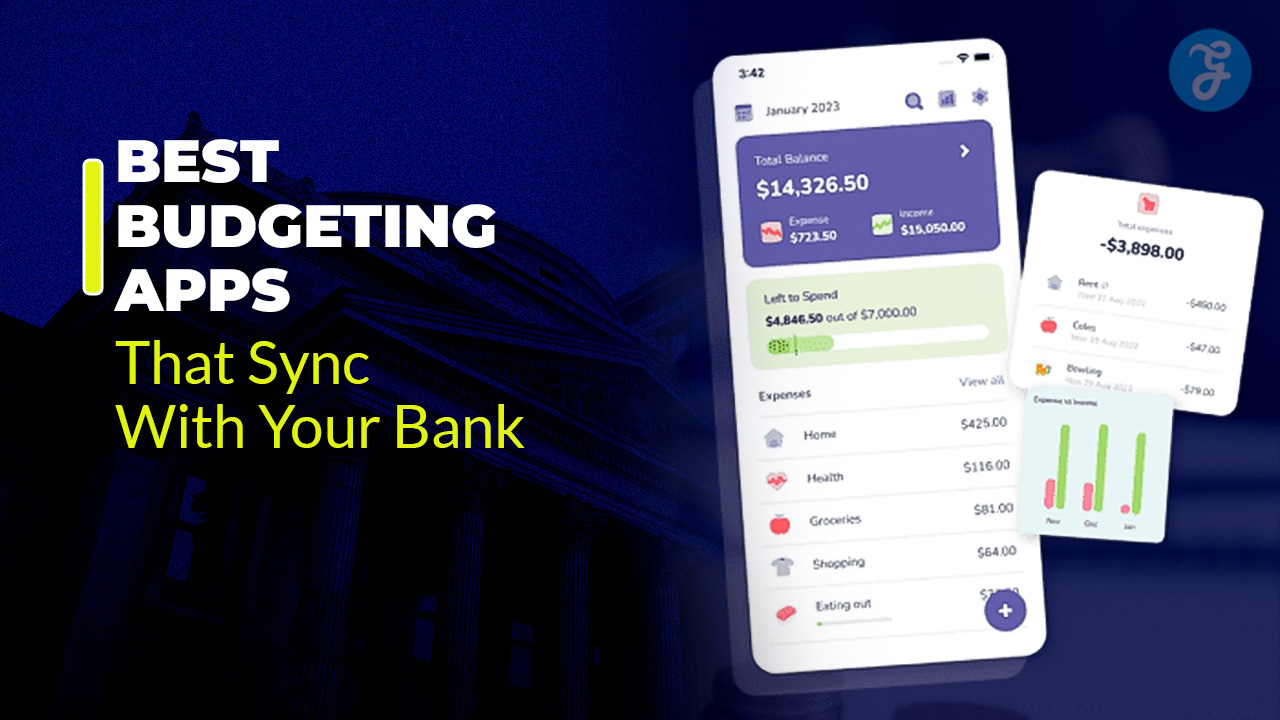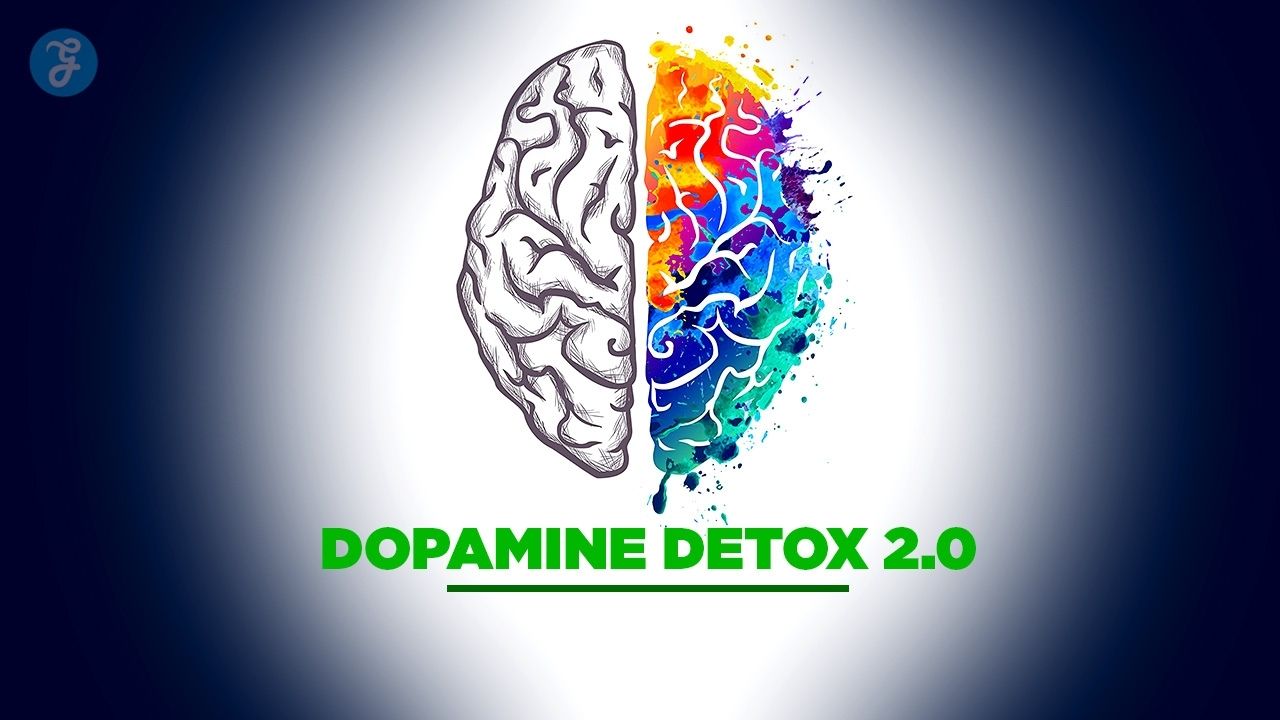The global financial system has seen considerable transformation over the past two decades, yet cross-border payments remain slow, costly, and opaque. Despite advances in fintech, sending money internationally often involves high fees, long settlement times, and multiple intermediaries. This inefficiency has led many to consider cryptocurrency as a practical alternative. But the question remains: is crypto the future of cross-border payments?
To address this, it’s necessary to evaluate the capabilities of cryptocurrencies, their limitations, the role of regulatory developments, and how current trends point toward or away from widespread adoption in cross-border transactions.
The Current State of Cross-Border Payments
Traditional cross-border payment systems rely on networks of correspondent banks. These networks facilitate transfers between different countries and currencies but involve multiple steps and third parties. The process often takes several days and includes fees at various stages—exchange rate margins, transaction charges, and intermediary bank costs.
For businesses, delays can impact liquidity. For individuals, remittance costs are significant. According to the World Bank, the global average cost to send $200 across borders is still above 6%, with rates reaching double digits in some regions.
This inefficiency makes the search for alternatives a priority, particularly in regions with limited access to banking services or high demand for international remittances.
How Crypto Addresses These Issues?
Cryptocurrencies offer several advantages that directly address the shortcomings of traditional systems:
- Speed: Transactions can settle within minutes, regardless of geographic boundaries.
- Cost: Lower network fees (especially on optimized blockchains) reduce overall costs.
- Accessibility: Anyone with a smartphone and internet access can send and receive funds.
- Transparency: Public blockchains allow for real-time verification and auditing of transactions.
Stablecoins—cryptocurrencies pegged to fiat currencies—have become especially relevant. They offer the price stability required for commerce and are widely used for on-chain settlements. Tether (USDT), for example, plays a significant role in this space due to its integration across various blockchains and trading platforms.
Given its widespread use, forecasts such as the Tether Crypto Price Prediction often analyze more than just speculative valuation. Analysts consider its function in global liquidity flows, trading volume dominance, and relevance in remittance corridors when evaluating its role in payment systems.
Use Cases and Real-World Adoption
Some crypto platforms already facilitate cross-border transfers with practical outcomes. Businesses use blockchain-based payment rails to bypass delays and high fees. International freelancers and gig workers increasingly receive payments in crypto, avoiding conversion costs and banking hurdles.
Examples of use include:
- Settlements between suppliers and manufacturers in different regions.
- Cross-border payroll systems using stablecoins.
- Crypto wallets that allow peer-to-peer remittances with near-instant finality.
These developments show functional demand. However, scalability, compliance, and user experience remain critical barriers to adoption at a broader level.
Regulatory and Technical Challenges
While crypto offers practical benefits, multiple challenges still prevent its full integration into the global payments infrastructure.
1. Regulatory Uncertainty
Governments vary in their treatment of digital assets. Some encourage innovation under strict licensing frameworks, while others impose outright bans. For crypto to replace or supplement cross-border banking systems, regulatory harmonization will be necessary.
2. Volatility
Most cryptocurrencies fluctuate in price significantly. While stablecoins mitigate this to some extent, concerns about reserves, audits, and centralization of issuance remain.
3. AML and KYC Compliance
Cross-border transactions involve scrutiny under Anti-Money Laundering (AML) and Know Your Customer (KYC) standards. Crypto platforms must implement these without compromising user privacy or efficiency.
4. Interoperability
Different blockchains use different standards. Without seamless integration, users may face friction when moving assets between chains or converting them into fiat currencies.
5. Education and Trust
For many, crypto still seems complex or risky. Building systems that are user-friendly and transparent is crucial for mass adoption.
Central Bank Digital Currencies (CBDCs) and Crypto
Another relevant factor is the rise of Central Bank Digital Currencies (CBDCs). Governments in China, Europe, and elsewhere are testing state-backed digital currencies aimed at improving monetary control and modernizing payment systems. These currencies could offer speed and cost benefits similar to crypto but with central oversight.
Whether CBDCs will coexist with decentralized cryptocurrencies or displace them in official cross-border settlements remains to be seen. In either case, crypto has already pushed the global conversation toward digital transformation in finance.
Integration with Traditional Finance
For crypto to serve as a legitimate medium for cross-border transactions, integration with banks and payment networks will be essential. This includes:
- Partnerships between crypto platforms and international payment processors.
- Development of APIs and payment bridges linking fiat and crypto ecosystems.
- Custodial solutions that meet compliance standards and simplify onboarding for institutions.
As institutional interest grows, hybrid models may emerge where crypto handles the technical settlement layer while banks provide front-end interfaces and regulatory compliance.
Summary Table: Crypto vs Traditional Cross-Border Payments
| Feature | Traditional System | Cryptocurrency System |
| Settlement Time | 1–5 business days | Minutes (depending on network) |
| Transaction Cost | 5–10% average | Often <1% (varies by blockchain) |
| Accessibility | Bank account required | Internet and wallet access only |
| Regulatory Clarity | Well-established | Inconsistent across jurisdictions |
| Price Stability | Stable currencies | Varies; stablecoins more stable |
| Transparency | Limited | Public ledger (for most coins) |
Conclusion
Cryptocurrency has introduced a viable alternative to traditional cross-border payment systems. It improves speed, reduces cost, and increases financial access. Use cases continue to expand, especially where the need for efficiency and low fees is urgent.
Yet, significant hurdles remain. Regulatory fragmentation, compliance requirements, and infrastructure limitations prevent large-scale implementation. Stablecoins like Tether play a transitional role by offering price-stable value transfer on decentralized systems, and developments surrounding their usage help shape predictions like the Tether Crypto Price Prediction, which reflects more than just trading dynamics—it reflects usability in real-world financial systems.
While crypto is unlikely to replace the current system outright in the near term, it has already influenced its direction. A hybrid model—where crypto technologies support core transaction layers while interfacing with traditional structures—may define the future of cross-border payments. For now, crypto is not the only solution, but it is increasingly becoming part of the solution.



